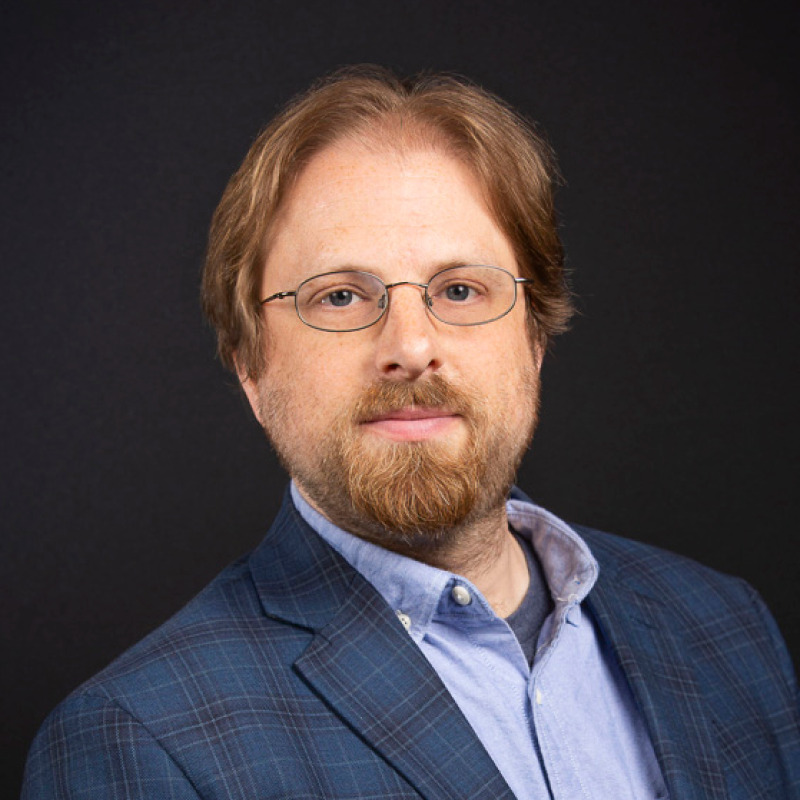My new FSF Perspectives piece, Let Them Eat Cake and Watch Netflix, was published today. This piece explores a tension in Susan Crawford’s recent Wired commentary on Pew’s 2013 Broadband Report.
I excerpt from the piece below. You can (and, I daresay, should!) read the whole thing here.
In her piece, after noting the persistence of the digital divide, Crawford turns to her critique of both Pew’s and the FCC’s definition of “high-speed internet” – 4 Mbps down/1 Mbps up – and the inclusion of mobile Internet access in these measurements. She argues that this definition … is too slow. What if you wanted to watch two HD quality videos at once over a single connection? […]
But the digital divide isn’t about people today not being able to watch movies on Netflix. And it’s definitely not about people today not being able to use future service that may or may not require the sort of infrastructure Crawford wants the government to build. […] It’s about the (very real) concern that, as civic and democratic institutions increasingly migrate online, those without basic Internet access or knowledge will be locked out of a vital civic and democratic forum. […]
None of [applications central to concerns about the digital divide] require bandwidth sufficient to stream high-quality video. Indeed, none of them should require such capacity. Another very real concern related to the digital divide is that various groups with disabilities – the deaf and blind, for instance – are already unable to avail themselves of these online forums because they rely too much on sophisticated multimedia formats to provide basic information. […]
I would suggest that a better target for Crawford’s efforts – if she is really concerned about lessening the digital divide (and I do fully believe that her convictions are well meaning and sincere) – would be to advocate for government institutions and other civic and democratic forums to develop online applications that do not require high-speed broadband connections. […]
In a world where consumers perceive a non-zero marginal cost for incremental bandwidth consumption – perhaps, as an example, a world with consumer bandwidth caps – there would be consumer demand for lower-bandwidth versions of websites and other Internet services. Rather than ratcheting bandwidth requirements consistently up – increasing the size of the digital divide – the self-interested decisions of consumers on the fortunate side of that divide could actually help shrink that divide. […]
The tragic thing (though, to economists, not surprising) about demands that the Internet economy disobey laws of supply and demand, that Internet providers offer consumers a service unconstrained by scarcity, is that such demands create the Internet-equivalent of bread lines. They are, in fact, the wedge that widens the digital divide.




